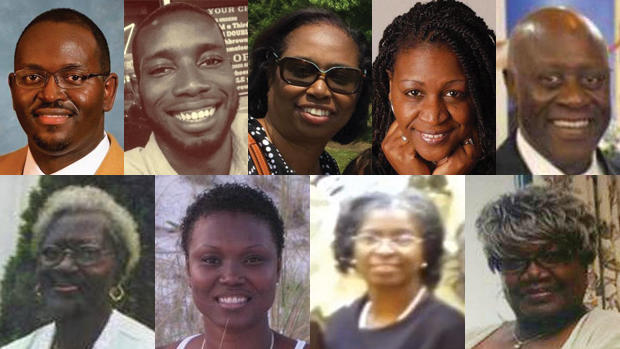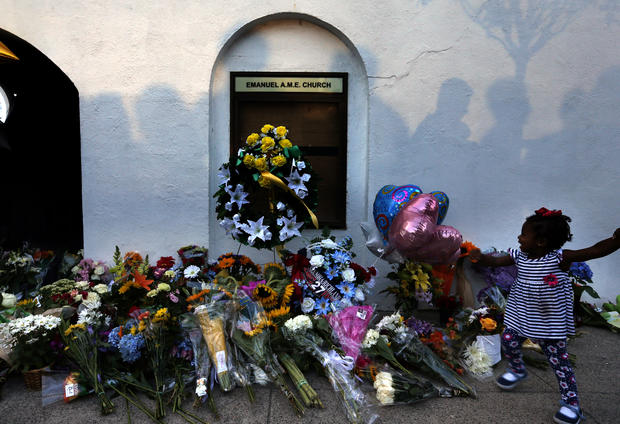S.C. governor reflects on church shooting massacre
One day after the horrific mass shooting at Emmanuel AME Church in Charleston, South Carolina, Gov. Nikki Haley said the community is beginning to recover.
"I think there was shock, and then I think there was anger, and then I think there was grief. But the one thing that we know is as soon as the suspect was found and they had him back in custody, the best part about it is now we can start to heal," Haley said Friday on "CBS This Morning."
She said some victims' family members have begun speaking to police and everyone is searching for more information.
Before he opened fire, 21-year-old Dylann Roof said he was there to shoot black people, according to a law enforcement source. The mass shooting, which follows a series of racially charged cases involving police violence, is amplifying calls for honest conversations about race issues in the U.S. Haley said that conversation has already begun in her state.
"This conversation stated not too long ago with Walter Scott, and when we saw that happen, we felt like one of our own had betrayed us, and so we started to have a conversation. But what I'm proud about in South Carolina is when we have these, the conversations are very much people coming together," Haley said.
There are also calls to remove the Confederate flag from the state capitol.
"You know 15 years ago, the General Assembly at the time, they had a conversation. The Republicans and Democrats and everybody came together on a consensus to bring the Confederate flag down off of the dome, and they put it on the monument out in front. ... I think the state will start talking about that again," Haley said.
But when asked her opinion on the matter, Haley said, "my job is to heal the people of this state."
"Right now, to start having policy conversations with the people of South Carolina, I understand that's what y'all want. ... But the people of South Carolina need to heal," she said "There will be policy discussions and you will hear me come out and talk about it. But right now, I'm not doing that to the people of my state."
The nine victims ranged in age from 26 to 87 and include a state senator who was also a minister in the church, three other pastors, a regional library manager, a high school coach and speech therapist, a government administrator, a college enrollment counselor and a recent college graduate.
Now, says Haley, family members of those victims are asking "Why?"
"The survivors and everybody, we're trying to get as much information as we can so investigators are still talking to them trying to find out some information, how they're doing," she said. "But there are some family members of some of the victims that are starting to come out and start talking."

